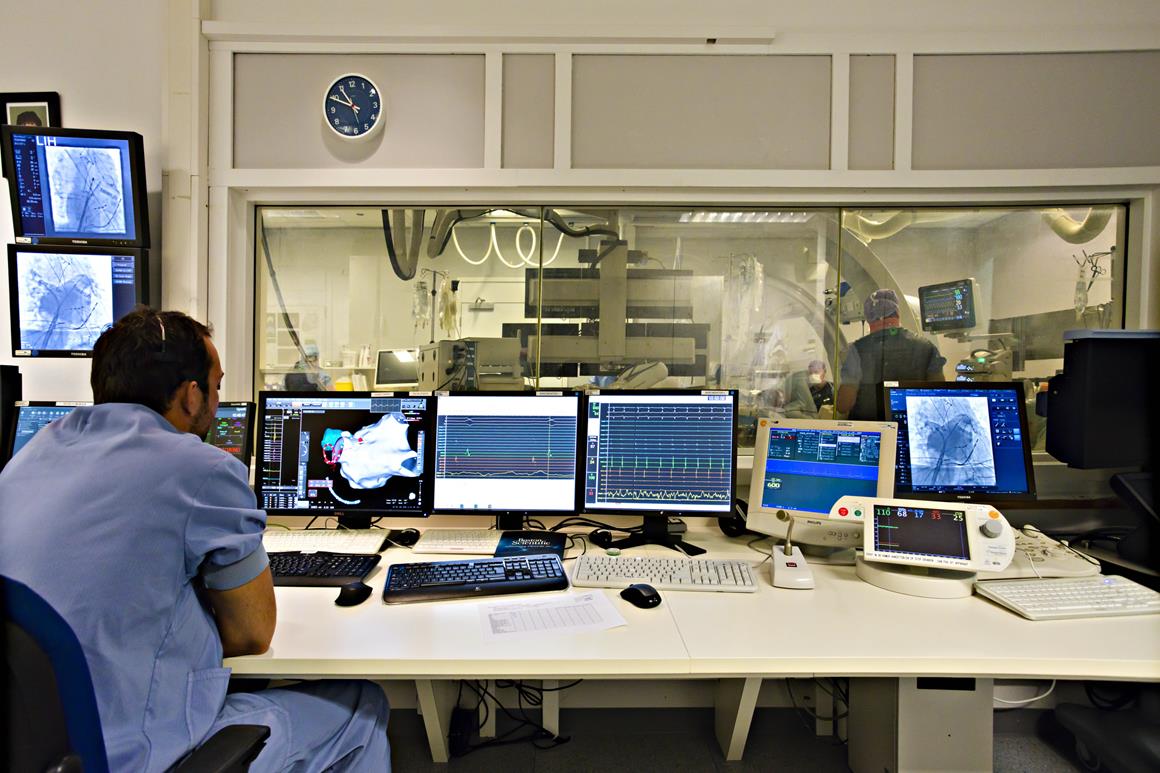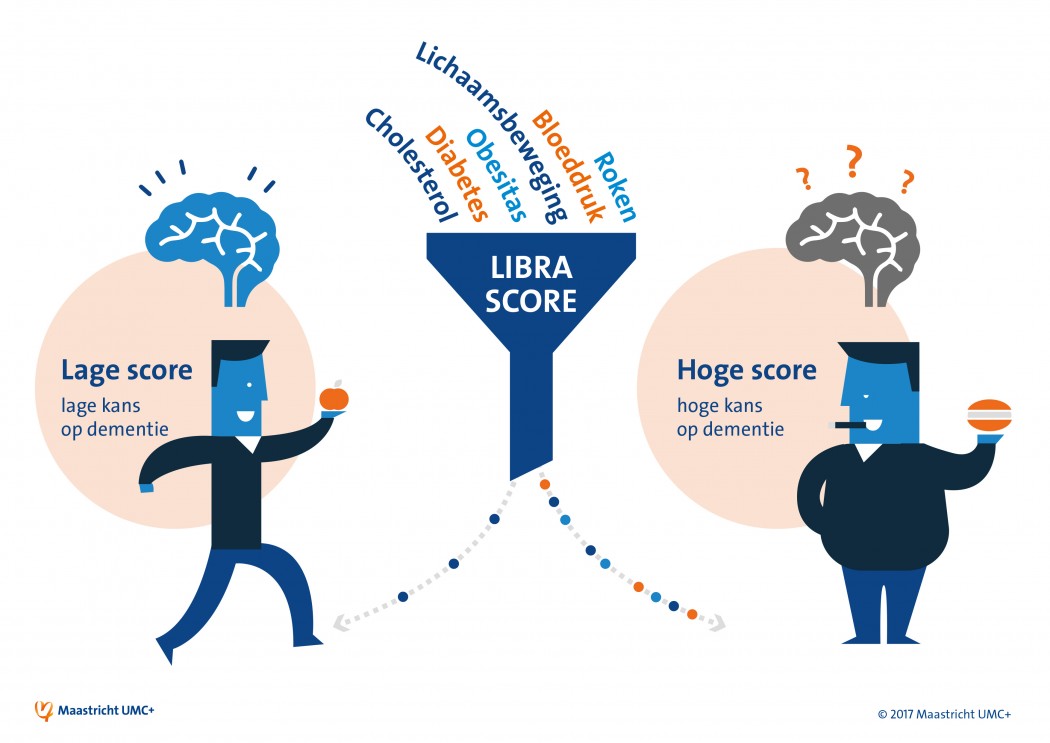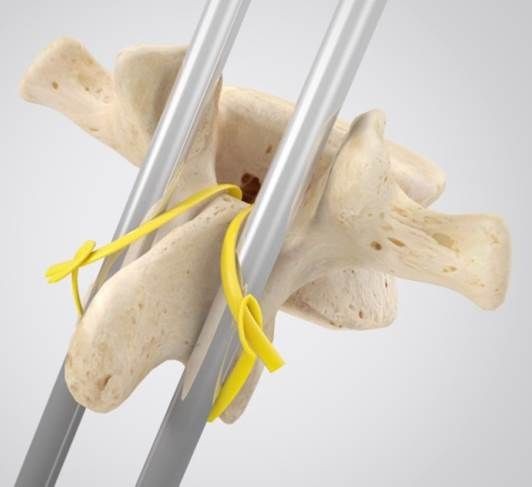Maastricht is training the cardiology experts of the future
Saturday 4 February marks the start of a custom training programme in Maastricht for international cardiologists specialising in cardiac arrhythmias. Maastricht University Medical Centre+ and Maastricht University are sharing their knowledge and expertise in the field of cardiac arrhythmias with experienced colleagues around the world who strive to be the best in their field. Professor Harry Crijns, head of cardiology at the Maastricht Hart+Vaat Centrum, is proud that Maastricht was selected as the training location. 'This proves that we're the leading centre of expertise in the field of cardiology and, more specifically, in the field of cardiac arrhythmias.'
The European Society of Cardiology (ESC) was interested in developing a specialised training programme for cardiac arrhythmias, tailored specifically to experts who have earned their stripes and want to take their careers one step further; for example, by leading a hospital cardiology department. Several universities and university medical centres, including those in Barcelona, London, and Hamburg, were in the running. The ESC ultimately chose Maastricht as its first pick.
Leadership
The new training programme is called DAS-CAM (Diploma of Advanced Studies in Cardiac Arrhythmia Management) and will initially accept thirty experts in the field of cardiac arrhythmias. The integrated, two-year programme focuses primarily on developing leadership skills, but also incorporates the latest insights from the scientific community. 'This programme is an investment in training a new generation of leaders,' says Crijns. 'We're very proud to have been given the opportunity to play an active role.' Dr Kevin Vernooy from Maastricht UMC+ is one of the participants.
Care, research, and education
Maastricht UMC+ has extensive experience and expertise in treating cardiac arrhythmias. The institute is known for applying innovative techniques, such as hybrid ablation and the Sensei robot, and works closely with the Maastricht research institute CARIM to study the development and prevalence of cardiac arrhythmias. 'The training programme marks the start of a new and wholly unique branch of education,' adds Crijns. 'This recognition on the world stage gives our centre of expertise, which specialises in cardiac arrhythmias, added allure.'
For more information, please visit: www.dascam.org.

This press release was issued by Maastricht Universitair Medisch Centrum (MUMC+).
More information: www.mumc.nl.
Also read
-
The Maastricht Study specialises in conducting microcirculation measurements
-
Prevention of dementia potentially stimulated by drawing up personal risk profile (MUMC+ news).
-
Less invasive operation, maximum vertebral growth, and no stray metal particles (MUMC+ news).


